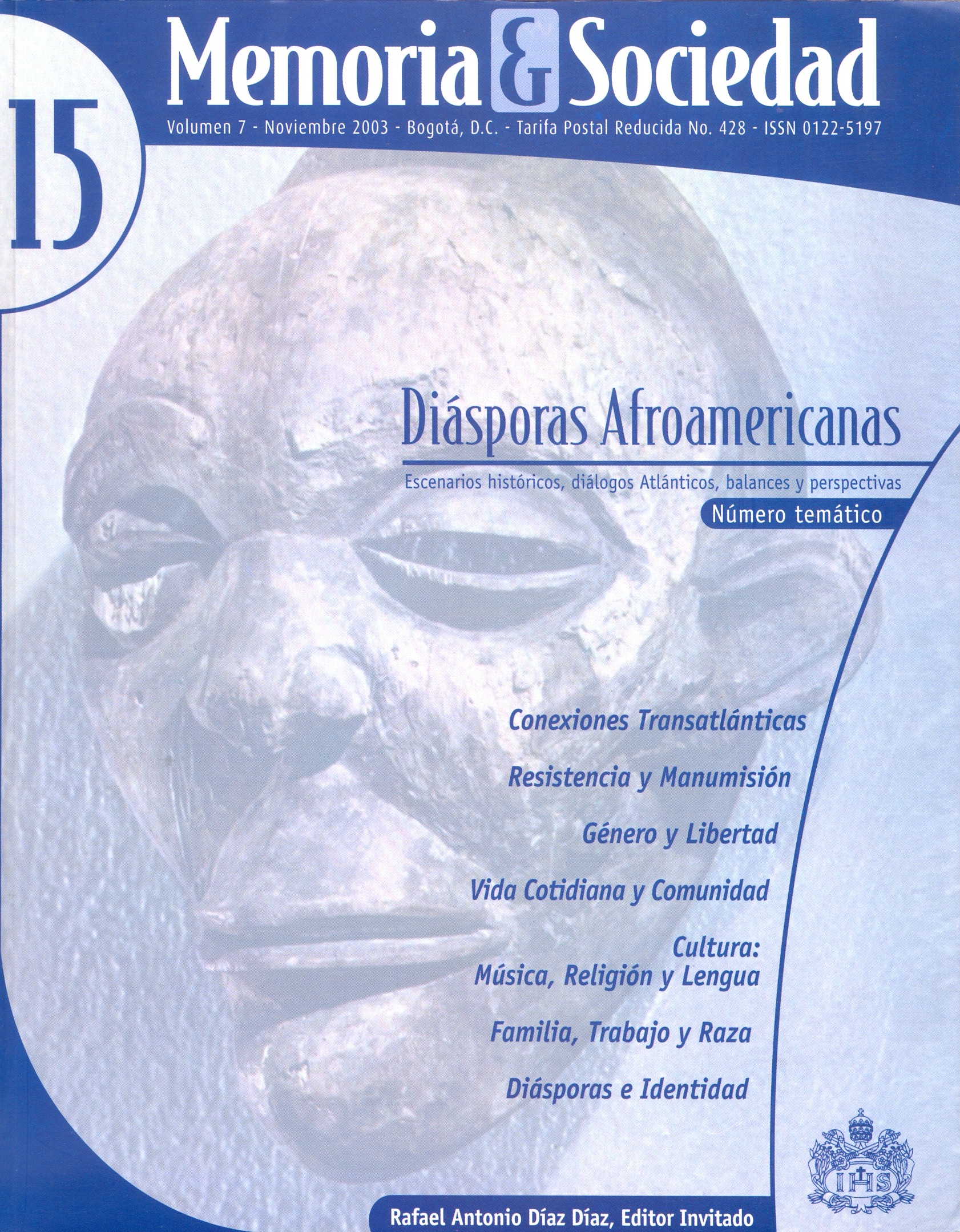Abstract
Studying Diasporas brings together sociological, anthropological and historical interest and research, mainly due to the research potential offered, in addition to the possibility of understanding, more fully, the cultural processes and challenges presented to theory and methodology. New realities demand new concepts to describe Diaspora concepts such as trans-nationalism, Diaspora and citizens of the Diaspora. In this essay, I will direct my attention, first, to explain the criteria by which we define and reflect on the phenomenon of the Diaspora. This will he accomplished by taking into consideration some of the most outstanding authors who have worked with this theme, and later I will describe and analyze, using this analytical construct, the distensions of the Diaspora concerning the Cape Verde community in Argentina. My objective cart be summarized as follows: I hope to contribute to the development of a "Historic map” of Cape Verde Diaspora, given that much of this experience has not yet been written. This "map" will continue to be built, through a network of stories that are somewhat connected, in times and spaces where the issue of displaced persons cross, re-inventing and re-making a more permanent map.The journal Memoria y Sociedad is registered under a Creative Commons Attribution 4.0 International Public License. Thus, this work may be reproduced, distributed, and publicly shared in digital format, as long as the names of the authors and Pontificia Universidad Javeriana are acknowledged. Others are allowed to quote, adapt, transform, auto-archive, republish, and create based on this material, for any purpose (even commercial ones), provided the authorship is duly acknowledged, a link to the original work is provided, and it is specified if changes have been made. Pontificia Universidad Javeriana does not hold the rights of published works and the authors are solely responsible for the contents of their works; they keep the moral, intellectual, privacy, and publicity rights.
Approving the intervention of the work (review, copy-editing, translation, layout) and the following outreach, are granted through an use license and not through an assignment of rights. This means the journal and Pontificia Universidad Javeriana cannot be held responsible for any ethical malpractice by the authors. As a consequence of the protection granted by the use license, the journal is not required to publish recantations or modify information already published, unless the errata stems from the editorial management process. Publishing contents in this journal does not generate royalties for contributors.

